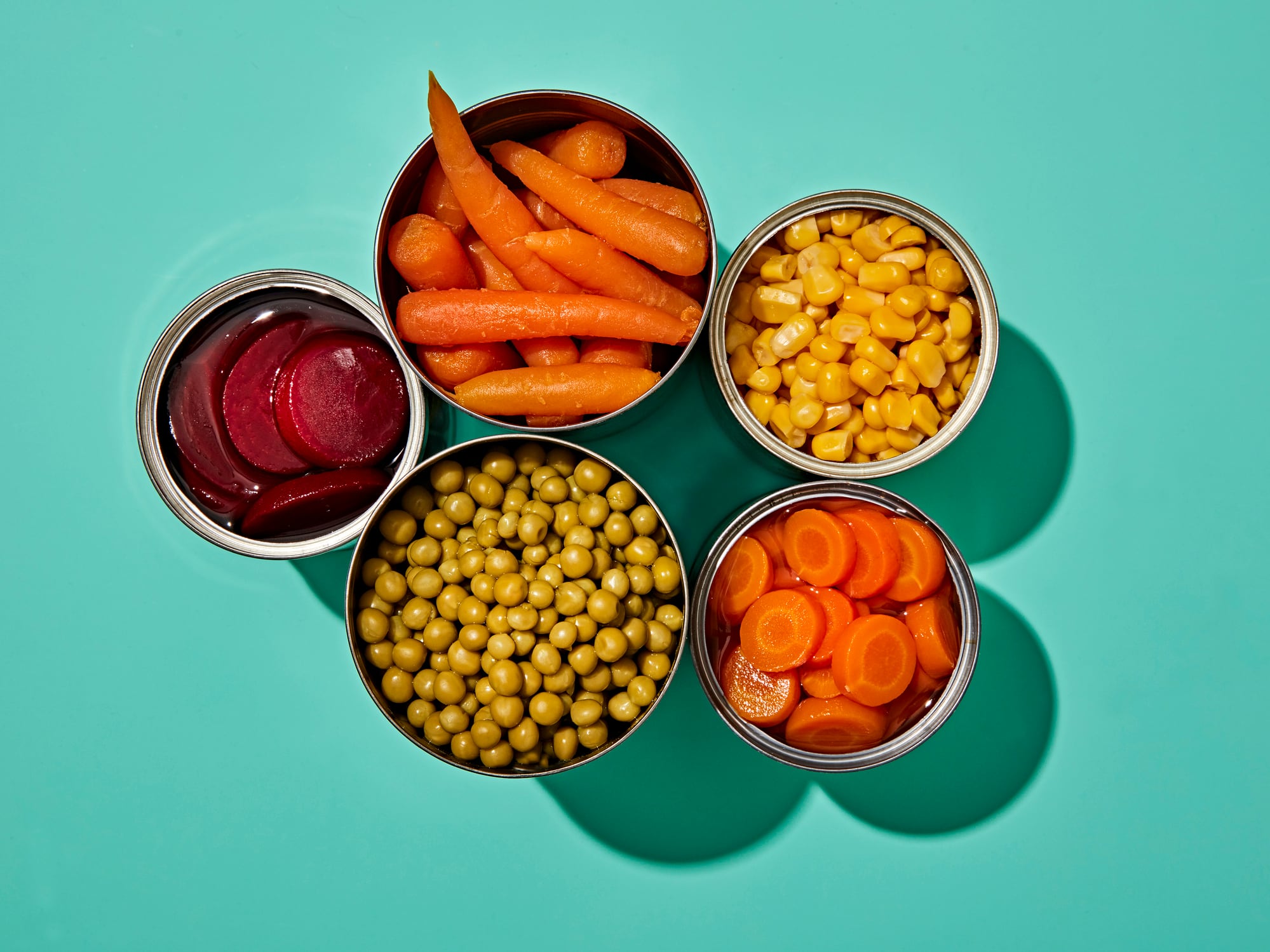
Cans to be canned? Consumers turn away from shelf-stable food
Inside the decline of canned foodDel Monte’s collapse brought the decline of canned food into focusCanned food is indeed declining globally Consumers are avoiding canned and processed foods due to a desire to be healthyThe health and wellness trend is driving many consumer habits, both in food and elsewhereEarlier this month, US company Del Monte filed for Chapter 11 bankruptcy. One of the largest producers of canned food in the world, the company was unable to repay its debts.
This has, naturally, led many to speculate about what went wrong with the almost 140-year-old manufacturer, one of the most trusted in the US.
One popular theory is that consumers, who are increasingly interested in healthy products and are moving away from processing, no longer want canned, shelf-stable foods.
Interest in canned food declines globally Del Monte’s woes are the culmination of a trend away from canned food and towards fresher products, suggests Tom Rees, global insight manager for staple foods at Euromonitor International.
Consumers have increasingly become sceptical of all processed and canned food, even fruit and vegetables, he explains.
Also read → Del Monte for bankruptcy in the US – But what about Europe?The decline in canned food has been seen globally. The trend is playing out in the European and UK markets specifically.
Canned fruit and vegetable sales declined globally between 2019 and 2024, according to Euromonitor, although they did increase a little in Eastern Europe.
Canned meat and seafood sales saw a decline in both Western and Eastern Europe, although worldwide they have seen slight growth.
The canned food sector as a whole is seeing negative growth in many areas. Even when growth is positive, it is very slight.
In the UK, too, consumers are turning away from canned food. “The greatest concern for shoppers when choosing food and drink is limiting processed foods, which may be steering them away from canned and processed goods towards fresh options,“ explains a spokesperson for Nielsen IQ.
“Fresh food has grown in both value and units for the last two years whereas canned goods (in ambient grocery) has declined in units for the last two years.”
On the flip side, scratch cooking is booming, with 52% of UK consumers cooking more from basic ingredients. This, naturally, is likely to have a negative impact on the sale of canned food.
Consumers want to be healthyWhile other factors play a role, the decline in canned food is primarily about one thing – consumer desire to be healthy.
For consumers, wellness is “a holistic, all-encompassing journey” according to NIQ, and affects a wide range of consumer habits. Food is, of course, a major part of this.
Scepticism around processing, which is still strong among many consumers, is being driven by this desire to be healthy.
Canned food is, technically, a processed food. Consumers who are preoccupied with health and want to avoid processed foods are therefore increasingly opting not to choose it.











